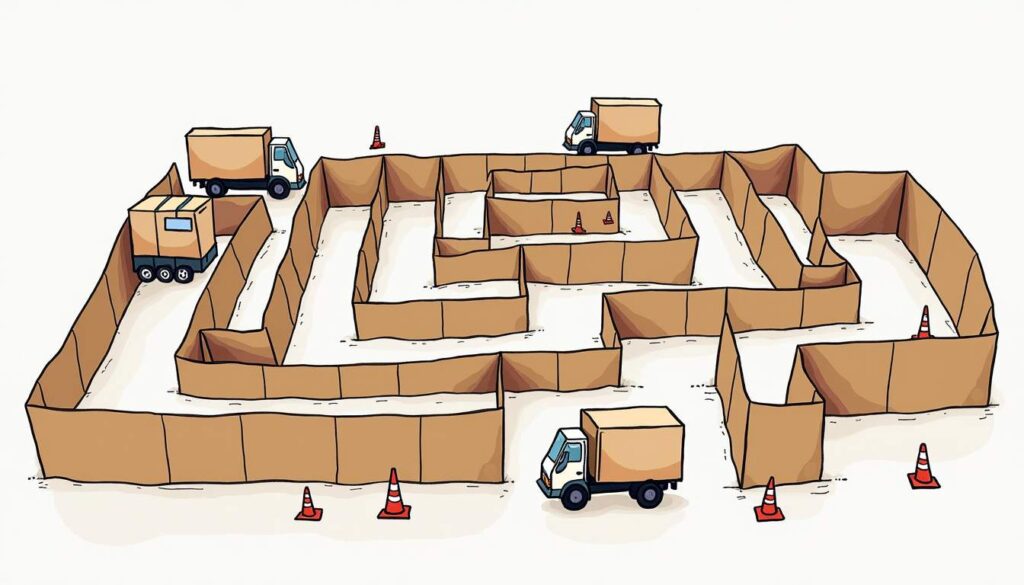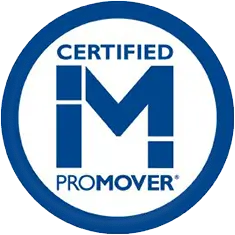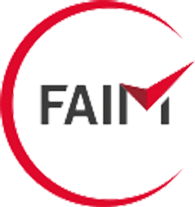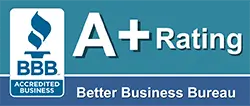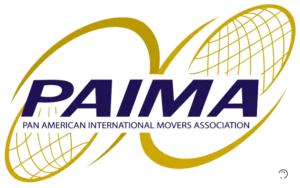In 2025, the moving industry faces unprecedented challenges that make finding reliable movers more difficult than ever. With a combination of economic shifts, evolving consumer expectations, and technological advancements, the landscape of moving services has transformed dramatically. This article delves into the various factors contributing to the increasing complexity of securing movers in today’s world.
The Economic Landscape: A Shifting Paradigm
The economic environment in 2025 has undergone significant changes that directly impact the moving industry. Inflation rates, housing market fluctuations, and labor shortages have all played a role in complicating the process of finding movers.
Inflation and Rising Costs
Inflation has surged in recent years, affecting nearly every sector of the economy. For the moving industry, this means increased costs for fuel, labor, and equipment. Movers are now faced with higher operational expenses, which they inevitably pass on to consumers. As a result, potential customers may find that moving quotes have skyrocketed, leading to sticker shock and hesitation in hiring professional services.
Moreover, the rising costs have prompted many individuals to consider DIY options, further straining the resources of professional movers. As more people opt for self-service moving, the demand for traditional moving services has been impacted, creating a ripple effect throughout the industry. This shift has also led to an increase in rental truck services, which have seen a surge in popularity as consumers seek to save money by taking on more of the workload themselves. However, this trend can often lead to unforeseen challenges, such as accidents or damage to personal belongings, which can ultimately negate any potential savings.
Labor Shortages: A Pressing Issue
Labor shortages have become a pressing issue across various industries, and the moving sector is no exception. Many moving companies struggle to find and retain qualified workers, which directly affects their ability to meet customer demand. The physical nature of moving work, coupled with low wages and long hours, has made it challenging to attract new talent.
This shortage of labor means that even when consumers find a moving company, they may encounter long wait times or limited availability. As a result, the competition for reliable movers has intensified, leading to frustration for those in need of moving services. In response, some companies have begun to offer incentives such as sign-on bonuses, flexible scheduling, and enhanced training programs to attract new employees. Additionally, there has been a growing emphasis on improving workplace conditions and benefits to retain existing staff, as companies recognize that a satisfied workforce is crucial for maintaining service quality in such a demanding industry.
Changing Consumer Expectations
As society evolves, so do the expectations of consumers. In 2025, people are looking for more than just basic moving services; they want a seamless, stress-free experience that caters to their unique needs. This shift in expectations is not just about convenience; it reflects a broader trend towards personalization in all aspects of life, from shopping to travel. Consumers are increasingly aware of their options and demand services that align with their lifestyle and values, including sustainability and ethical practices.
The Demand for Customization
Today’s consumers expect a high level of customization when it comes to moving services. This includes options for packing, storage, and even specialized handling of fragile items. Movers are now required to offer tailored solutions that can accommodate various customer preferences, which can complicate the process of finding the right fit. For instance, some clients may require eco-friendly packing materials, while others might need assistance with disassembling and reassembling furniture. This level of detail necessitates a deeper understanding of customer needs and a willingness to adapt services accordingly.
As a result, moving companies must invest in training their staff and upgrading their services to meet these demands. This shift can lead to longer lead times for consumers, as companies work to ensure that they can deliver the level of service that customers expect. Additionally, the emphasis on customization often means that moving companies must develop more sophisticated logistics and inventory management systems to track and fulfill varied customer requests efficiently. The challenge lies in balancing operational efficiency with the personalized service that modern consumers are seeking.
Technology and the Rise of Online Platforms
With the rise of technology, consumers are increasingly turning to online platforms to find and compare moving services. While this has made it easier to access information, it has also created a crowded marketplace where distinguishing between reputable movers and less reliable options can be challenging. The proliferation of mobile apps and websites dedicated to moving services has empowered consumers to make informed decisions, but it has also led to an overload of choices that can paralyze potential customers.
Online reviews, ratings, and social media presence have become crucial factors in the decision-making process for consumers. However, the sheer volume of information can be overwhelming, leading to confusion and uncertainty. As a result, finding trustworthy movers has become more complicated, as consumers must navigate a maze of options and opinions. To combat this, many moving companies are now focusing on building a strong online reputation through transparency and engagement with customers. They are leveraging technology not only to streamline their services but also to foster trust and reliability in a competitive landscape. Enhanced customer service through chatbots and virtual consultations is becoming the norm, allowing consumers to receive immediate assistance and personalized recommendations as they plan their moves.
Technological Advancements: A Double-Edged Sword
Technology has revolutionized the moving industry, but it has also introduced new challenges. While advancements such as GPS tracking, inventory management software, and automated booking systems have improved efficiency, they have also raised consumer expectations and created new hurdles.
Increased Competition from Tech-Driven Startups
The emergence of tech-driven startups in the moving industry has intensified competition. These companies often leverage technology to provide innovative solutions, such as on-demand moving services and real-time tracking. While this can benefit consumers, it has also led to a proliferation of options, making it harder to identify reputable movers.
As traditional moving companies struggle to keep pace with these tech-savvy competitors, consumers may find themselves overwhelmed by the choices available. This competition can lead to confusion, as customers weigh the pros and cons of various services and platforms.
The Importance of Transparency and Trust
In an era where information is readily available, transparency has become a critical factor in the moving industry. Consumers expect clear communication regarding pricing, services, and policies. However, not all companies uphold these standards, leading to a lack of trust among potential customers.
To navigate this landscape, consumers must be diligent in their research, seeking out companies that prioritize transparency and customer satisfaction. This added layer of scrutiny can make the process of finding movers more time-consuming and complex.
The Impact of Environmental Concerns
As environmental awareness continues to grow, consumers are increasingly considering the ecological impact of their choices, including moving services. In 2025, many individuals are seeking eco-friendly moving options, which can further complicate the search for reliable movers.
Eco-Friendly Practices in the Moving Industry
Movers are now being called upon to adopt sustainable practices, such as using fuel-efficient vehicles, biodegradable packing materials, and recycling programs. While these initiatives are commendable, they can also lead to higher costs and logistical challenges for moving companies.
As a result, consumers who prioritize sustainability may find that their options are limited, as not all movers are equipped to meet these demands. This can lead to frustration for those who wish to align their moving choices with their environmental values.
The Role of Reviews and Recommendations
In a world where environmental concerns are paramount, consumers often turn to reviews and recommendations to identify movers that prioritize sustainability. However, the abundance of information available can make it difficult to discern which companies genuinely uphold eco-friendly practices.
As a result, potential customers may spend additional time researching and vetting movers, further complicating the process of finding reliable services. This added layer of complexity can deter some individuals from pursuing professional moving options altogether.
Conclusion: Navigating the Challenges Ahead
In 2025, finding reliable movers is undoubtedly more challenging than in previous years. With economic factors, changing consumer expectations, technological advancements, and environmental concerns all playing a role, individuals must navigate a complex landscape to secure the services they need.
Despite these challenges, consumers can take proactive steps to simplify their search for movers. By conducting thorough research, seeking recommendations, and prioritizing transparency, individuals can increase their chances of finding a reputable moving company that meets their needs.
As the moving industry continues to evolve, staying informed about the latest trends and challenges will be essential for consumers. By understanding the underlying factors that contribute to the complexities of finding movers, individuals can make more informed decisions and ultimately enjoy a smoother moving experience.

